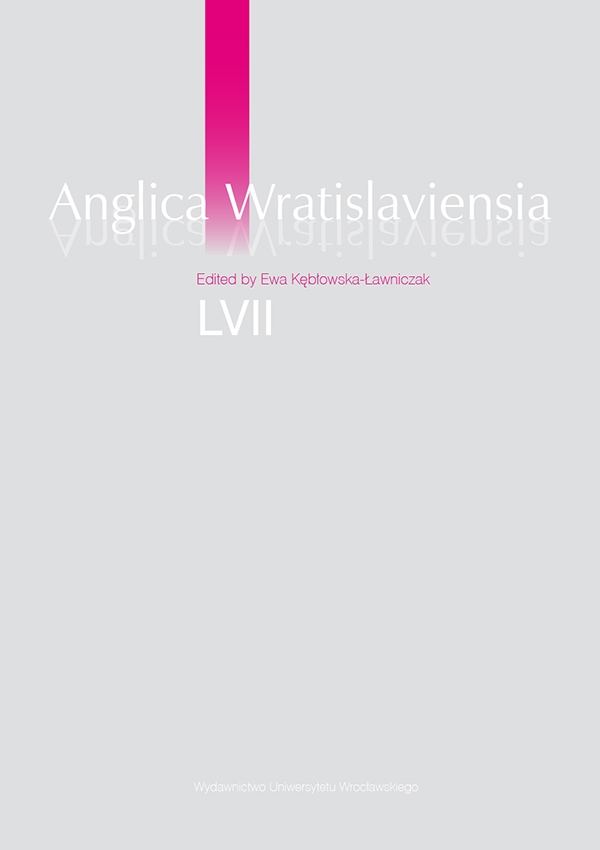

Literature and Culture

In The Wounded Storyteller: Body, Illness, and Ethics, sociologist Arthur Frank uses narratology to typologize the stories people tell about illness. Next to teleological stories of survival, which “reassure the listener that however bad things look, a happy ending is possible”, Frank discusses “the chaos narrative” in which “events are told as the storyteller experiences life: without sequence or discernible causality” 97. While the storytellers discussed by Frank mostly suffer from physical ailments and traumas, I would argue that the chaotic mode of telling also characterizes texts that explore other kinds of traumas, including those related to displacement and shaming experienced by several generations of Koreans and Americans of Korean descent. Drawing on affect studies, I analyze Theresa Hak Kyung Cha’s DICTEE 1982 alongside two essays, by Grace M. Cho and Hosu Kim published in The Affective Turn: Theorizing the Social 2007, all of which use the collage form to challenge the expectation that “in life as in story, one event [leads] to another” Frank 97. The speech act is foregrounded in all three texts; it is de-naturalized, deformed, shown as a recitation of prescribed language, and repeatedly interrupted. Nonetheless, as Frank suggests, “the physical act becomes the ethical act” because “to tell one’s life is to assume responsibility for that life.” It also allows others to “begin to speak through that story” xx–xxi.